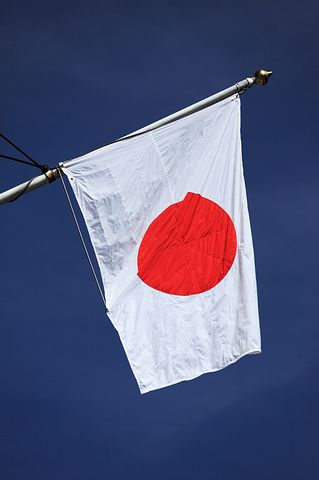 According to information provided by two anonymous government officials to Reuters the Japanese Government is preparing a 13 trillion yen stimulus package to stimulate economic growth, in fact according to the information provided, the stimulus package could expand to 25 trillion when non-public spending is included on the calculation. This would be Japan's first major stimulus package since 2016.
According to information provided by two anonymous government officials to Reuters the Japanese Government is preparing a 13 trillion yen stimulus package to stimulate economic growth, in fact according to the information provided, the stimulus package could expand to 25 trillion when non-public spending is included on the calculation. This would be Japan's first major stimulus package since 2016.
“The feeling I got was that the economic measures would go far beyond 10 trillion yen in scale and that overall working size would be about 25 trillion yen,” said the Liberal Democratic Party policy chief Fumio Kishida.
The decision seems controversial since Japan is currently trying to fix its fiscal expenditure problems, hence the recent increase in the consumption tax from 8 to 10 percent. We remind the reader that Japan has the biggest public debt level in the OECD (its size doubles that of its economy!), heavily influenced by a decrease in its revenue, an aging population, and its attempts to stimulate the economy after the breakdown of the economic bubble.
However, it makes sense given that the Japanese economic growth, since it heavily relies on its exports, fell down to its weakest level (year-to-year) during the third quarter. Japan's manufacturing activity also contracted last month, as its Manufacturing Purchasing Managers’ Index (or PMI) hit its weakest level in five months despite declining at a slower pace.
“Export orders dropped at the fastest rate since mid-year amid reports of demand weakness at key trade destinations, namely China,” said an IHS Markit economist about Japan.
This, together with the fact that the effects of monetary stimulus seem to be limited, is in favor of implementing this measure, especially given that this package won't boost public expenditure in any significant way this year.
“We expect this fiscal year’s extra budget to total around 3-4 trillion yen. We should not expect it to substantially push up the GDP growth rate,” said an economist from the Dai-ichi Life Research Institute.
How will the Bank of Japan React?
There is currently a draft of the presumptuous stimulus plan that calls for further monetary easing as well. However, it is not clear if the Bank of Japan will comply with this call.
The Bank of Japan is expected to meet on December 18 and 19, however, many expect that they won't implement further monetary easing as the Bank's president claimed at the end of the last month that despite is clear that an ultra-loose monetary policy would aid the government in terms of stimulating the economy, the Bank is not keeping the interest rates low to help the government to fund its spending.
"Our monetary easing efforts are aimed at achieving our price target, not at helping fund government spending. There needs to be a clear line drawn on this point," said Kuroda during a speech in the Japanese parliament, adding that a mix of fiscal and monetary policy is not enough and that deregulation and structural reforms are needed.
By 10:36 GMT the US dollar fell down by 0.10 percent against the Japanese Yen, Hitting the 108.88 level. Conversely, the Euro went down by 0.13 percent, falling to the 120.56 level.
